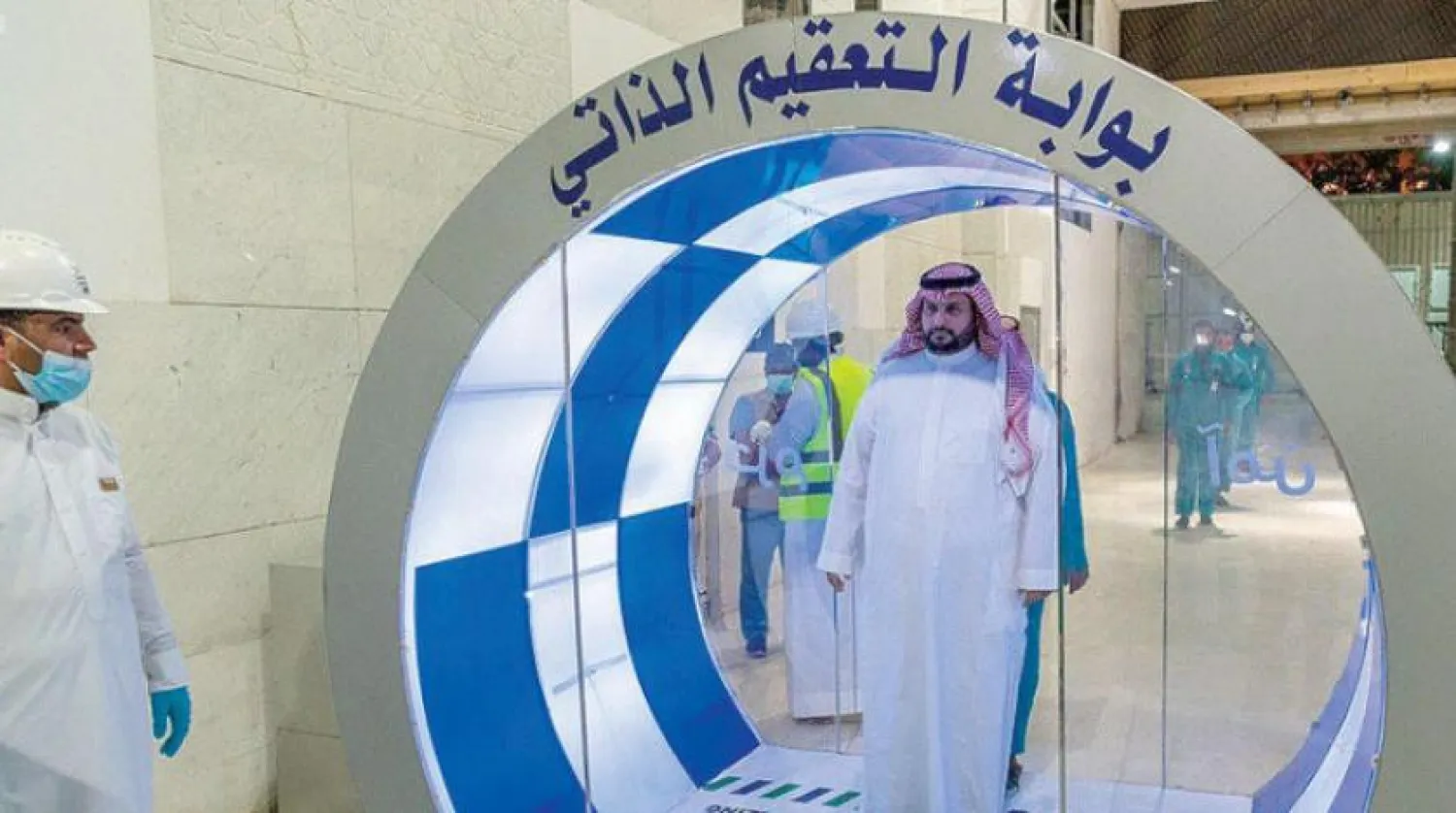Riyadh Global Digital Health Summit kicked off virtually on Tuesday and highlighted the need to set a roadmap for accelerating digital health innovations to fight the current and future pandemics.
The two-day summit, which is organized by the Ministry of National Guard’s Health Affairs Department and in collaboration with the Saudi Center for International Strategic Partnerships, is part of the G20 calendar under Saudi Arabia’s presidency.
It aims to promote the adoption of new technological solutions, improve quality and accessibility and reduce costs to counter the negative effects of the COVID-19 pandemic.
Specialized international institutions and academies and 32 international experts representing more than 110 countries have participated in the event.
Experts discussed means to combat pandemics, provide solutions to address them and devices for future prediction, stressing the need to work on providing high-quality, low-cost technical and technological solutions to the health and healthcare sectors.
The experts stressed the need to promote sustainable health remotely by following an approach that bolsters health policy and makes it more effective in fighting pandemics, along with epidemiology, epidemic addressing technology and forecast models.
World Health Organization (WHO) Assistant Director General for Antimicrobial Resistance Hanan Balkhi said Saudi Arabia has made appreciative efforts to place the digital health agenda on top of its priorities in its G20 leadership, promoting the health sector digitalization.
She pointed out that digital health has been effectively applied worldwide.
Dr. Bandar al-Knawy, CEO of the health affairs at the Ministry of the National Guard and summit president, for his part, explained in his opening speech the great effect of the success of the extraordinary summit meeting that was held in March.
He said member states expressed their commitment to work as part of a unified front to combat the COVID-19 pandemic, indicating the decision’s impact on global health and economic decision-makers.
Knawy pointed to the Kingdom’s abilities, initiatives and leadership despite the current circumstances.









